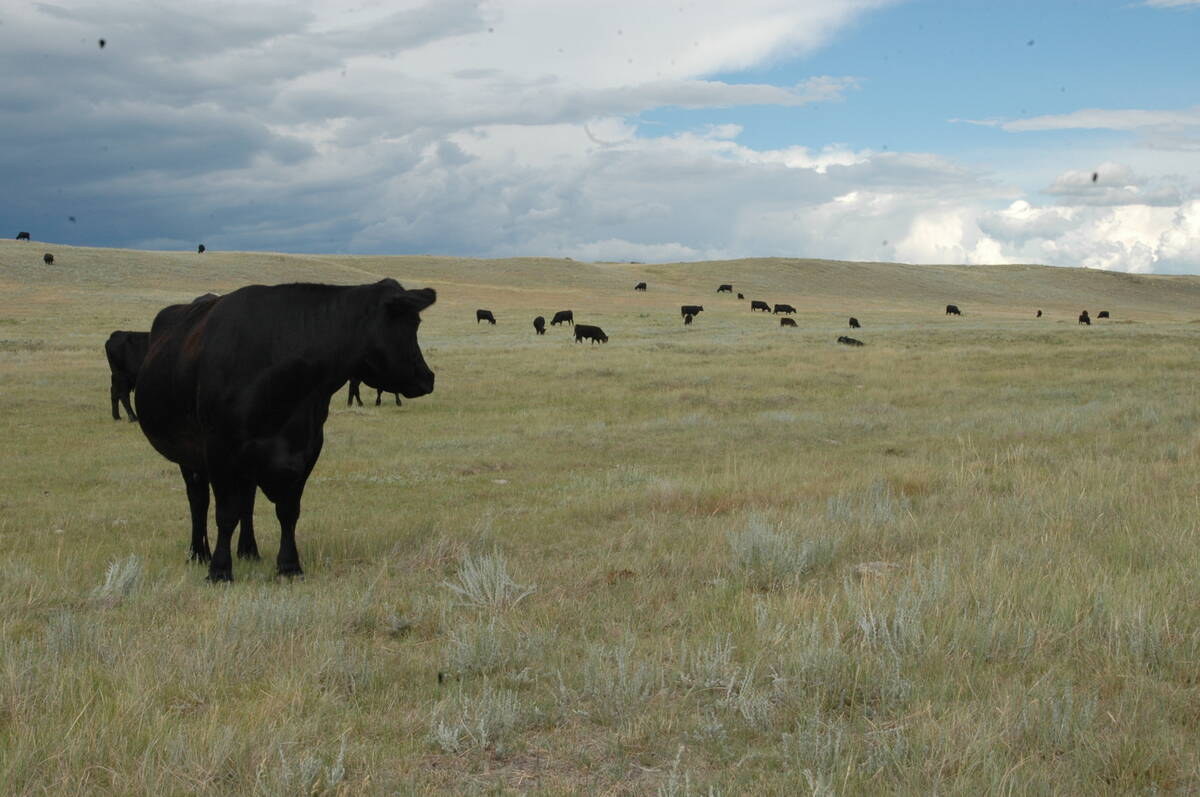The former president of the Canadian Food Inspection Agency says he has
left the agency in good shape to meet the growing challenges of food
safety.
“For me to look back after five and a half years, it is a real sense of
accomplishment,” Ron Doering said.
“The agency’s in a stronger position than it’s ever been. There has
been a $150 million injection of funds and the budget is $500 million.
There are 5,600 staff when once we were down to 4,500. I think it’s in
Read Also

Saskatchewan Cattle Association struggles with lower marketings
This year’s change in the provincial checkoff has allowed the Saskatchewan Cattle Association to breathe a little easier when it comes to finances.
good shape.”
Doering left the CFIA in July to join one of Ottawa’s most prestigious
law firms as a “food law advocate.” Under conflict-of-interest rules,
he will not be able to deal directly with the agency for at least a
year.
He joined Agriculture Canada in the mid-1990s and helped design and
implement the plan to create one food inspection agency out of the
inspection responsibilities of four departments.
The CFIA reports to Parliament through the agriculture minister. This
has led critics to allege a conflict of interest between the agency’s
duty to regulate and police the safety of the food supply and its role
in joining Agriculture Canada officials to promote the safety of
Canadian product as a selling point in foreign markets.
Critics want the CFIA to be divorced from Agriculture Canada, reporting
to a different minister, possibly the health minister.
Doering, who fought the original bureaucratic battle to have the agency
report through the agriculture minister, had some parting advice for
the government on the issue: don’t be swayed by the critics.
“I have never accepted that there is an inherent conflict of interest
there,” he said from his Ottawa law office.
“We helped our industry get pork into China before the Americans
because our vets were able to convince the Chinese that our food was
safe. Where’s the conflict?”
He said it is logical for Canada to use its record of food safety as a
selling point.
“You can help a company move towards a HACCP (Hazard Analysis Critical
Control Points) and then the next day do a major recall of their
product,” he said. “There is no conflict.”
Doering also had some advice for his successor, who is not expected to
be named until the fall: be ready for anything.
“What you need is a great deal of resilience to deal with ongoing
pressure,” said the man who headed the agency during its effort to keep
foot-and-mouth disease and bovine spongiform encephalopathy out of
Canada, to contain chronic wasting disease and to hone the agency’s
ability to guard against bio-terrorism in the wake of the Sept. 11
terrorist attacks in the United States.
“You never know,” he said. “You go to bed some night and everything
seems fine and you wake up the next morning to find some crisis
unfolding. You can’t anticipate everything, but you have to be able to
react.”














